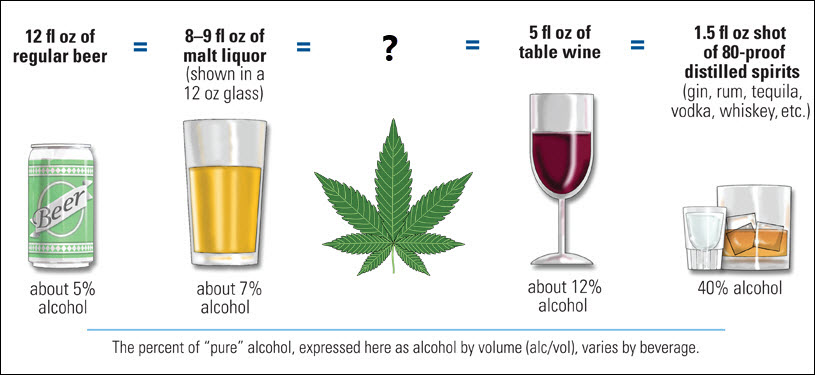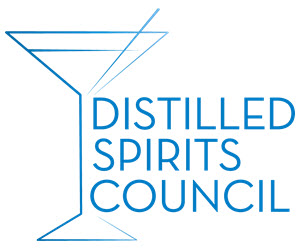
Some people in the distilled spirits industry see marijuana legalization as a threat; others see it as an opportunity. Either way, the Distilled Spirits Council of the United States is trying to stay in the conversation as more and more states legalize it for medicinal and recreational usage.

Representatives of the Distilled Spirits Council (DISCUS) recently participated on panels examining marijuana legalization at the 2018 National Conference of State Liquor Administrators (NCLSA) Central/Western Regional Conference in Pasadena, Calif.
In a panel discussion on the rapidly changing landscape of cannabis legalization, Council Senior Vice President of Government Relations Mark Gorman stated, “Each of the nine states that has legalized cannabis since 2012 has declared they want to tax and regulate it just like alcohol. As they write their laws and regulations, we want them to know what that looks like.”
He added, “They need to calculate tax rates that are comparable to what distilled spirits consumers pay on a per serving basis. They have to regulate product safety and retail sales like they do for alcohol products. And, they absolutely must enforce traffic safety laws for all impaired drivers, by developing accurate roadside tests for drug intoxication and testing all traffic fatalities for marijuana just like they do now for alcohol.”
Gorman noted that while the Distilled Spirits Council has established seven marijuana policy principles that they urge state officials to consider if they decide to legalize the product.
Distilled Spirit Council 7 Principles of Marijuana Legalization Policies
- Ensure that the taxation and regulation of marijuana in governmental jurisdictions where marijuana has been approved for consumption is at least comparable to taxation and regulation of distilled spirits.
- Ensure that any and all efforts to legalize the consumption of marijuana include a 21-year-old legal purchase and use requirement.
- Insist on the development of a standard measurement of marijuana-induced impairment (comparable to .08 BAC).
- Advocate for development of a roadside impairment test for marijuana such as the breathalyzer test for beverage alcohol.
- Ensure that the same penalties exist for driving under the influence of marijuana and other intoxicants as for driving under the influence of beverage alcohol.
- Ensure that testing and reporting for the presence of drugs, including marijuana, as well as beverage alcohol is required for all U.S. highway fatalities.
- Require that all marijuana products appropriately disclose the THC dose in a manner and under similar conditions of the alcohol by volume declaration required of beverage alcohol products.
Stay Informed: Sign up here for the Distillery Trail free email newsletter and be the first to get all the latest news, trends, job listings and events in your inbox.

DISCUS Senior Vice President of Government Relations Mark Gorman.
Gorman added that the Council has taken no position on whether states should legalize recreational use of cannabis.
The Distilled Spirits Institute was established in 1933 following the repeal of Prohibition. It later became the Distilled Spirits Council in 1973, as a result of the merger of three organizations — The Distilled Spirits Institute, The Bourbon Institute and The Licensed Beverage Industries, Inc.
Please help to support Distillery Trail. Sign up for our Newsletter, like us on Facebook and follow us on Twitter.














